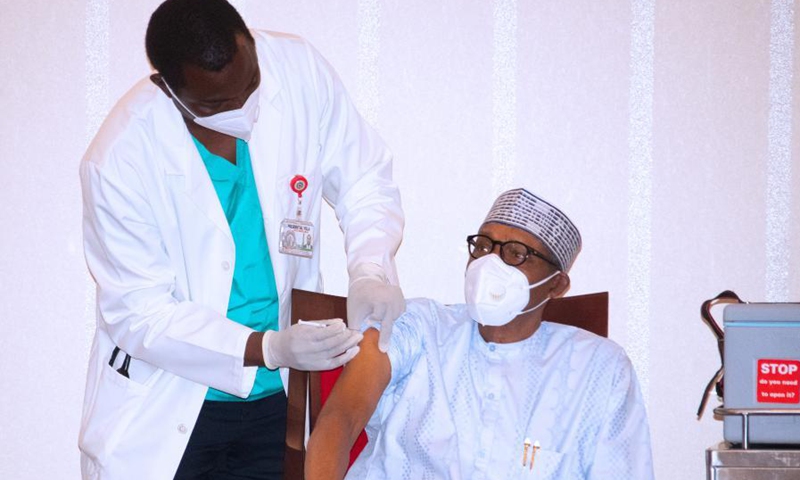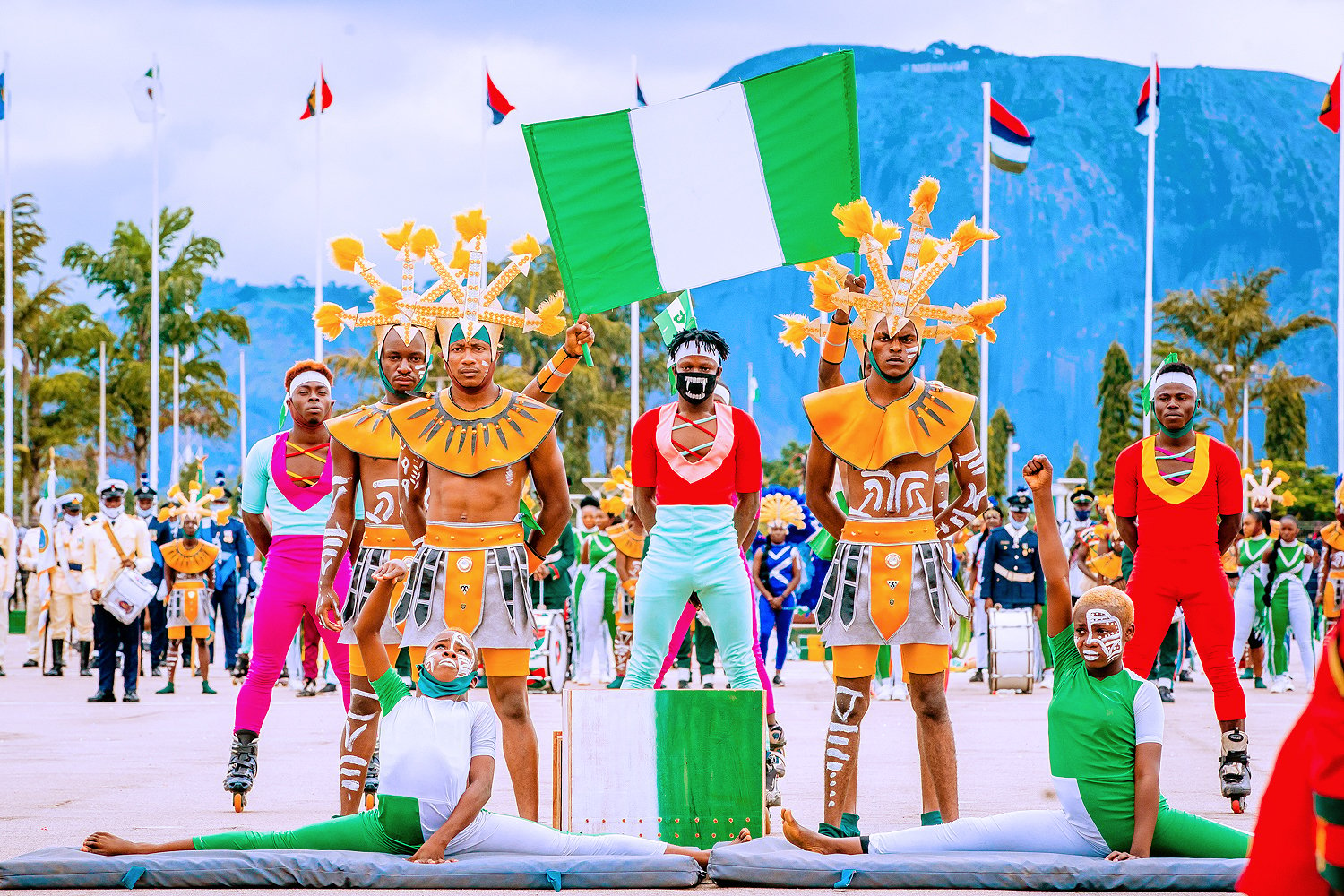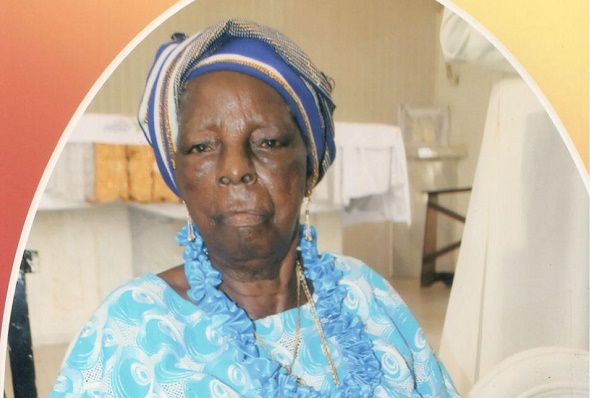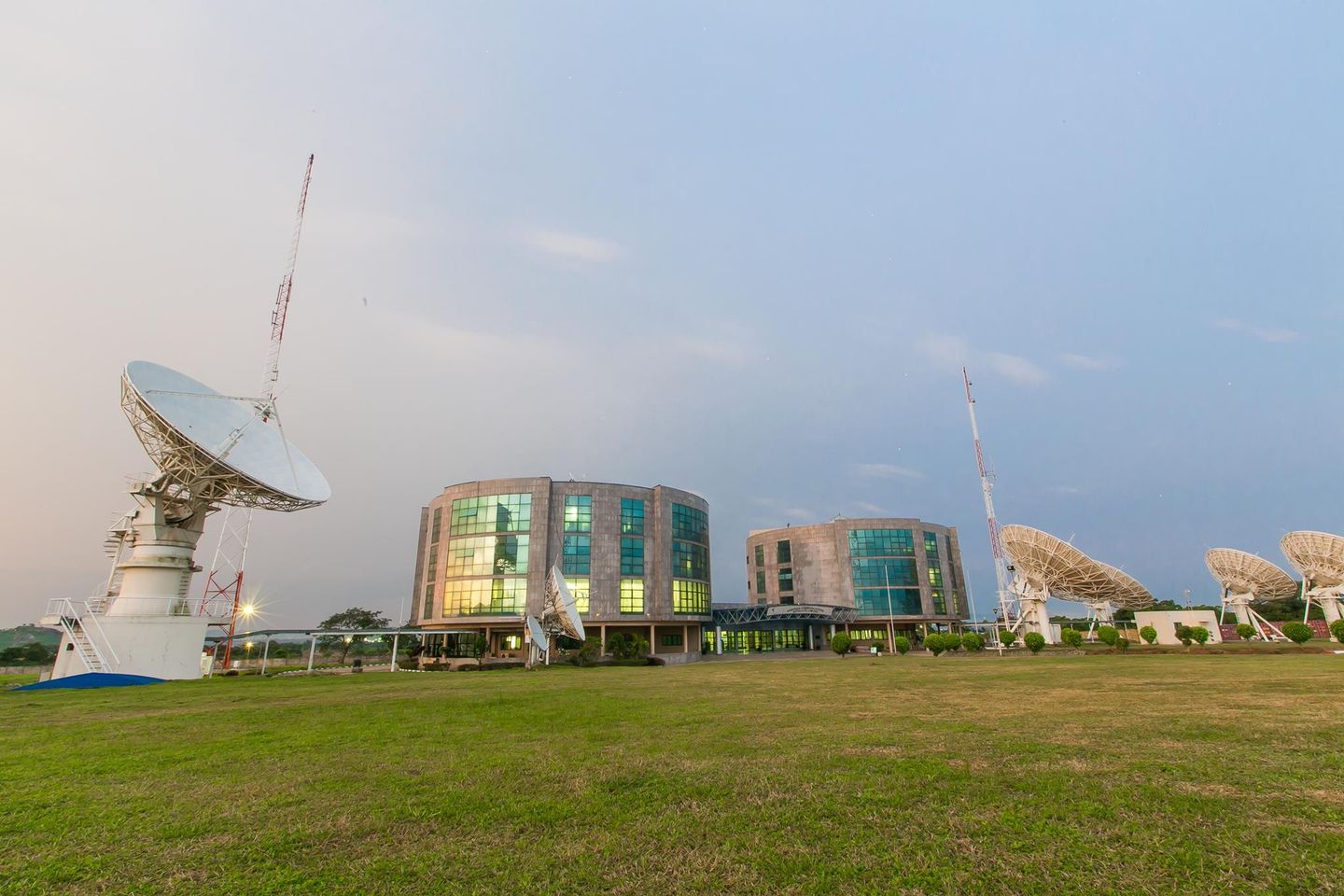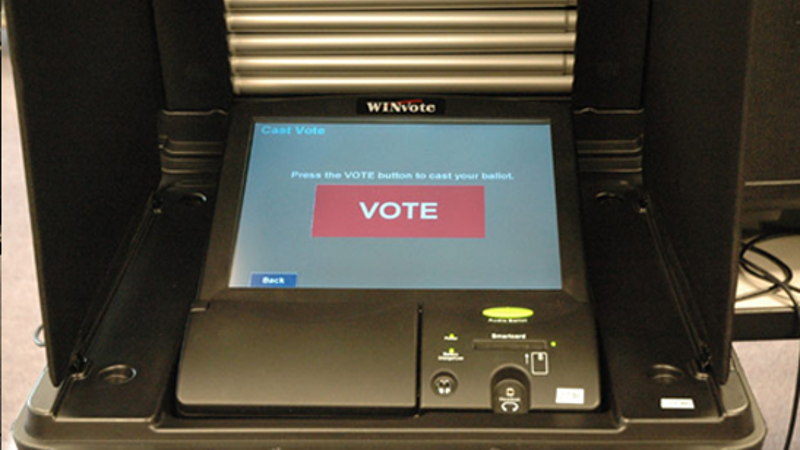When President Muhammadu Buhari and Vice President Yemi Osinbajo stepped out on March 6 this year to take the first jab of Oxford Astrazeneca vaccine for Covid-19, it was not only to prioritise Nigeria’s fight against the deadly virus, but also to ascertain that the vaccine is safe and efficacious.
“Today, as a demonstration of leadership and faith in the safety and efficacy of the vaccines, I have received my first jab and I wish to commend it to all eligible Nigerians to do same so that we can be protected from the virus,” President Buhari had said shortly after receiving his shot of the Oxford AstraZeneca vaccine, whereupon he appealed to state governments, traditional and religious leaders to also mobilise effort within their environment and spheres of influence to make the campaign successful.
The State House event held few days after Nigeria took delivery of nearly four million doses of the Oxford AstraZeneca vaccine as part of an overall 16 million doses planned to be delivered to the country in batches. The efficacy of the vaccine itself was proven also beyond doubt after samples handed to the National Agency for Food and Drug Administration Control (NAFDAC) for further examination upon their arrival were certified accordingly. Healthcare workers who had been at the risk of exposure to the virus as frontliners also took their shots at the Abuja National Hospital. Other state officials have since followed suit in what is regarded as a single most combined effort which aimed at achieving a common purpose in Nigeria in recent history.
“These critical leaders and others have taken the vaccines in full glare of the public to demonstrate the safety,” Dr. Faisal Shuaib, Executive Director of the National Primary Health Care Development Agency (NPHCDA), said thereafter.
Advertisement
More Nigerians have received the vaccines over the last 30 months.
On Monday this week, Shuaib said over 1.8 million eligible people had been fully vaccinated, comprising 3,040,000 with first dose AstraZeneca and 1,694,769 with the first dose of Moderna and representing 4.2 per cent of the 111,776,503 eligible populations targeted to receive full doses of the vaccines for Nigeria to achieve herd immunity. Of the total vaccinated, according to the NPHCDA boss, 1,892,092 eligible persons have received their second dose of which 1,825,739 have been fully vaccinated with AstraZeneca, while 66,353 eligible persons were fully vaccinated with Moderna.
Nigeria had on August 17 took delivery of another 699,760 doses of the AstraZeneca vaccine from the UK government.
Advertisement
Prior to the commencement of Covid-19 vaccination in March, the federal government had also set an ambitious target of vaccinating 40 per cent of Nigeria’s over 200 million population before the end of 2021 and 70 per cent by the end of 2022.
Meanwhile, Kano State has emerged as one of the states spearheading the Covid-19 vaccination, despite obvious social and cultural challenges.
Findings at the Gwagwarwa Health Centre in the Nasarawa Local Government during a two-day media dialogue in Kano on September 9 and 10, organised by the Child Rights Information Bureau (CRIB) of the Federal Ministry of Information in collaboration with UNICEF, which emphasised on “demand creation for Covid-19 vaccines”, revealed a high level of awareness among the people in the council.
According to Abdul Sani Mainagge, Programme Officer for Covid-19 vaccination in the council, over 30,000 persons have been vaccinated with Oxford Astrazeneca and Moderna vaccines.
Advertisement
“We have had a busy time at this centre since March and we operate at weekends and even on public holidays. In fact, we vaccinate between 25 and 40 persons every day,” Mainagge said.
A look into the vaccination register also interestingly revealed near gender parity as the vaccinated males and females are almost at par, a situation that shatters cultural reality in the state that put the females in the background on all matters. “It has been like a competition between male and female folks in the community and I think this is impressive,” the programme officer also said.
Although Nasarawa is regarded as one of the elitist councils in Kano State, Ahmed Maikano, Chief Mobilisation Officer for the council on Covid-19 vaccination, said the recorded success resulted from conscious effort and hard resolve. “All the stakeholders in the local government comprising traditional and religious leaders, politicians and influential persons have been carried along. We have also organised regular community dialogue as well as sensitisation in schools, markets and motor parks,” he said.
Among those who got vaccinated during the visit to the Gwagwarwa health centre was Musa Njadvara, a correspondent of The Guardian newspaper, who pledged to spread the safety and efficacy of the vaccines to the Nigerian public.
Advertisement
Views expressed by contributors are strictly personal and not of TheCable.

